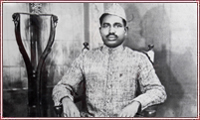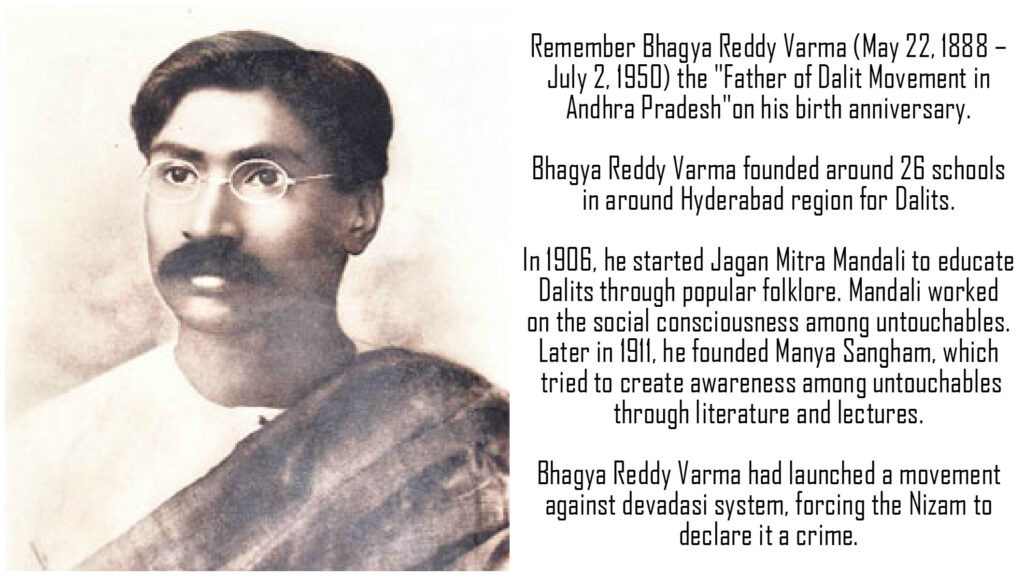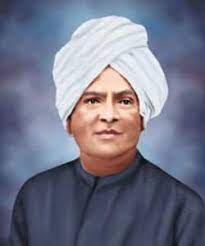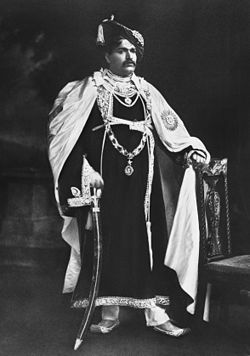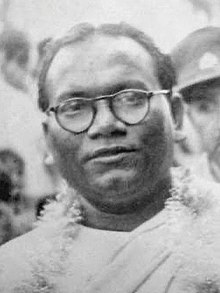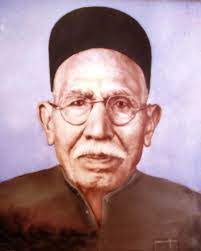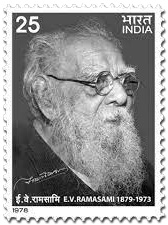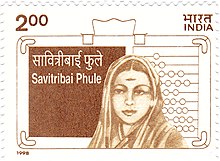![]()
Incorporation
NSFDC was setup by the Government of India on February 08, 1989 with the name National Scheduled Castes and Scheduled Tribes Finance and Development Corporation (NSCSTFDC). It was incorporated as a fully owned Government of India Company under Section 8 of the Companies Act, 2013 (Previously Section 25 of the Companies Act, 1956).
Bifurcation
Consequent upon the orders of the Government of India declaring bifurcation of the erstwhile NSCSTFDC into two separate corporations (one each for SCs & STs), the existing NSFDC is now functioning exclusively for the development of the Scheduled Castes w.e.f. 10.04.2001.
It has been assigned the task for financing, facilitating and mobilizing funds for the economic empowerment of persons having annual family income up to Rs. 3.00 lakh for both rural and urban areas. It provides financial assistance for income generating schemes for the target group through State Channelising Agencies (SCAs) which are nominated by respective State/UT Government and other Channel Partners such as Public Sector Banks, Regional Rural Banks, NBFC-MFIs, JHARCRAFT, NEDFi etc.
This is managed by a Board of Directors with representation from Central Government, State Scheduled Castes Development Corporations, Financial Institutions and non-official members representing Scheduled Castes.
Share Capital
The authorized share capital of the Corporation is Rs 1500 crores and the Paid up Capital is Rs. 1500.00 crore as on 30th September, 2021.
Vision
To be the leading catalyst in systematic reduction of poverty through socio-economic development of eligible Scheduled Castes, working in an efficient, responsive and collaborative manner with channelizing agencies and other development partners.
Mission
Promote prosperity among Scheduled Castes by improving flow of financial assistance and through skill development & other innovative initiatives.
Objectives
- Identification of trades & other economic activities of importance to Scheduled Castes population.
- Upgradation of skills & processes used by persons belonging to Scheduled Castes.
- Promotion of small, cottage & village industries.
- Financing of pilot programmes for upliftment and economic welfare of persons belonging to Scheduled Castes.
- Improvement in flow of financial assistance to persons belonging to Scheduled Castes for their economic well-being.
- Assistance to target group in setting up their projects by way of project preparation, training and financial assistance.
- Extending loans to eligible students belonging to Scheduled Castes for pursuing full time professional and technical courses in India and abroad.
- Extending loans to eligible youth to enhance their skill & employability by pursuing vocational education & training courses in India.
In pursuance of above objects, your NSFDC is engaged in providing financial assistance at concessional interest rates under various credit schemes to beneficiaries belonging to Scheduled Castes, through the State/UT Channelizing Agencies and other channel partners and is also extending various non-credit schemes to support the target groups.

